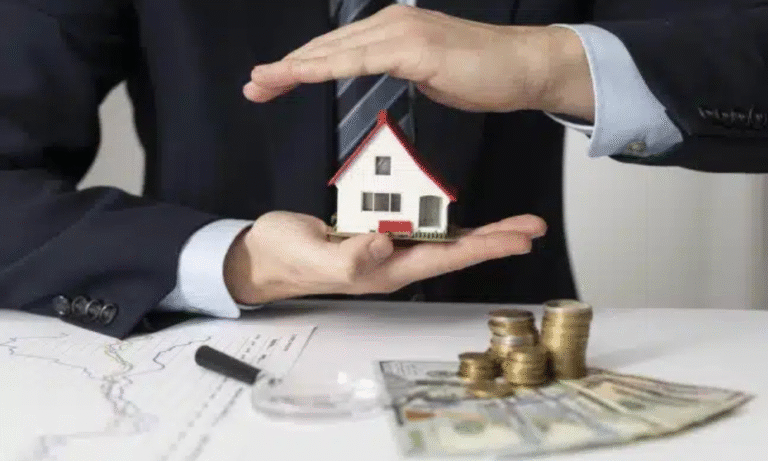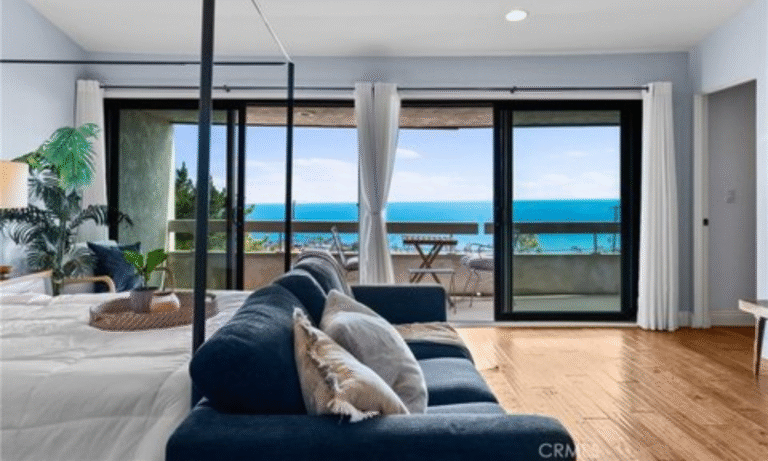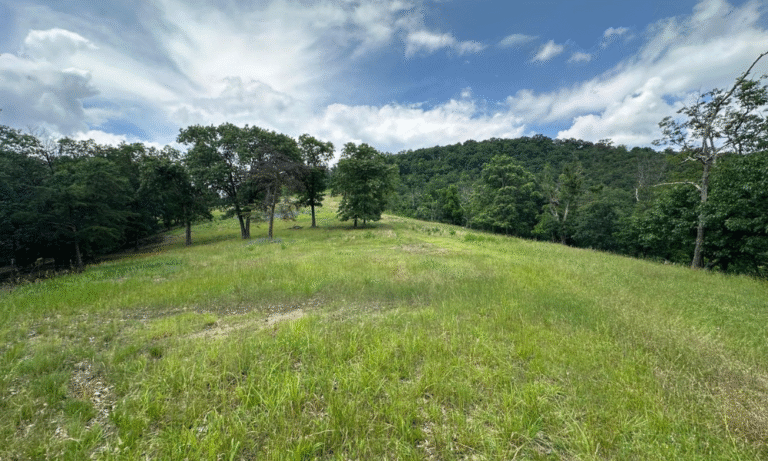Estimated reading time: 11 minutes
There are a few things you need to take into account when buying a flat. You will need to make sure you have enough money for the deposit and that you can afford the monthly mortgage payments.
You should also research different areas to find the right one for you. It is important to think about your lifestyle and what kind of environment you want to live in. You should also be aware of the costs involved in owning a flat, such as utility bills and council tax.
1. Build A Strategy
When buying a flat, the first step is to come up with a strategy. This may involve deciding how much you want to spend and what kind of property you are looking for. You also need to think about what you will do with the property in the future. For example, do you want to live in it or rent it out?
Once you have a plan in place, it is time to start looking for flats. There are many ways to do this, including online listings, newspapers, and estate agents. It is important to view as many properties as possible so that you can find the right one for you.
Once you have found a flat that meets your requirements, it is time to make an offer. It is important to remember that the asking price is not always what the seller will accept.
2. Location And Facility
When looking for a new place to live, you may want to consider buying a flat. Flats are typically less expensive than houses and can be easier to maintain. Additionally, many flats are located in convenient areas with access to public transportation, schools, and other amenities.
Before you buy a flat, it’s important to research the location and facility. Ask yourself questions such as: Is the area safe? Is it close to my job or family? Are there good schools nearby? What kind of public transportation is available?
Once you’ve answered these questions, you’ll be able to narrow down your search and find the perfect flat for you.
3. Construction Standards
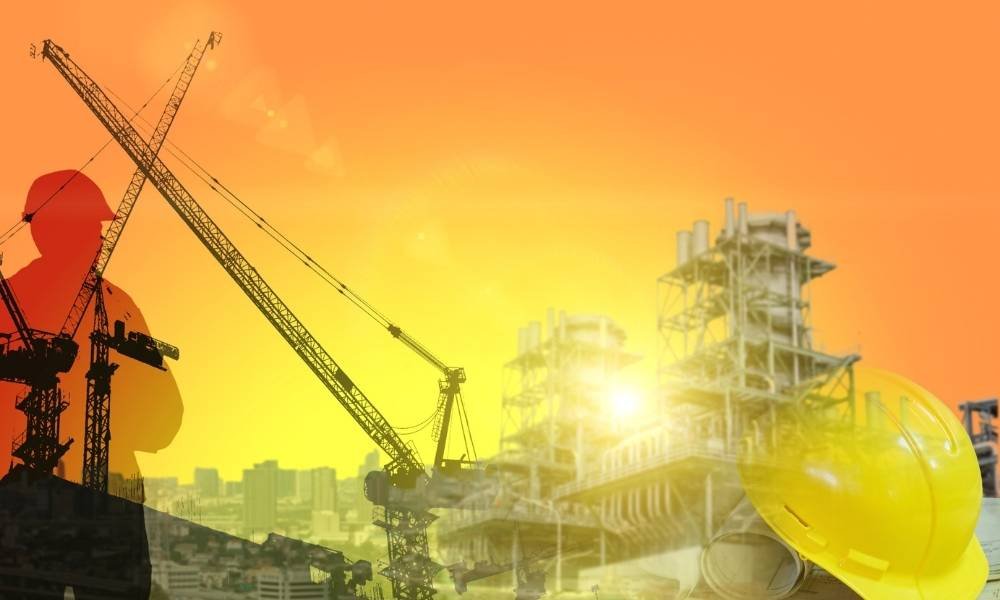
It is important to check that the construction standards of the building are up to scratch. Poor construction can lead to leaks, water damage, and even structural failure. So before you buy, make sure that you ask the seller for proof of compliance with the latest construction standards.
You can also check the quality of construction yourself by looking at things like the finish of the walls and ceilings, the type of joinery used, and the standard of insulation. If everything looks good, then chances are that the builder has followed the correct construction standards.
However, if you do see any signs of poor workmanship or substandard materials, then it’s best to walk away from the property and find somewhere else to buy. Remember, your safety and security is far more important than getting a good deal on a property!
4. The Reputation Of The Builder
The builder’s name is often the first thing that comes to mind when potential homebuyers are considering purchasing a new flat. A builder’s reputation is, therefore, of utmost importance in the property market.
However, with so many builders out there, it can be difficult to determine which one to trust. When assessing a builder’s reputation, it is important to look at both the good and bad reviews.
The good reviews will give you an idea of the quality of work that the builder produces, while the bad reviews will alert you to any potential problems that you may encounter.
It is also important to look at how long the builder has been in business and how many homes they have built. Another factor to consider is whether or not the builder is licensed and insured.
5. Car Parking
When you’re looking for a new place to live, it’s important to think about all the costs associated with it. One cost that sometimes gets overlooked is how much it will cost to park your car.
If you’re buying a flat, be sure to ask about the availability and cost of parking. If you’re lucky, the building will have its own parking garage. This can be expensive, but it’s worth it if you don’t want to worry about finding a spot on the street every day.
You’ll also be safe in the knowledge that a designated parking garage like this will have all of the correct traffic and parking signs in place (read more about it here), to help keep both cars and drivers using the site as safe as possible.
You may also have to pay for a parking permit from your local government. This can add up quickly, especially if you have more than one car.
6. Commutation And Transportation
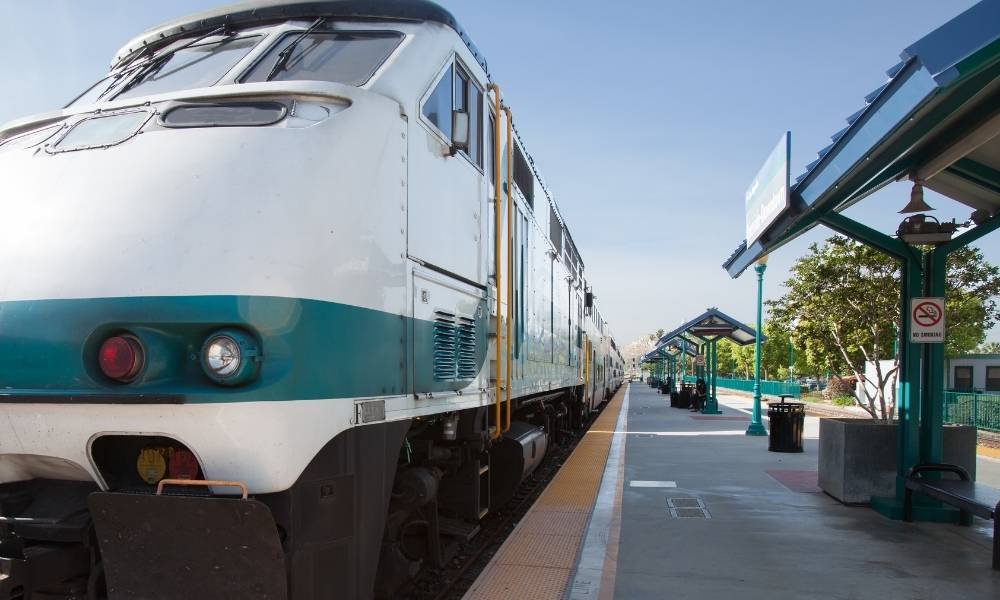
A lot has changed in the world since the introduction of the automobile. One of the most significant changes is how we get around. The ease, affordability, and convenience of cars and other forms of transportation mean that many people no longer live near where they work.
This separation of home and work has led to a need for commuting, or traveling to and from work. Commuting can be expensive and time-consuming. It’s often necessary to pay for parking, gas, and tolls.
In addition, commuting can take away from time that could be spent with family or friends. There are ways to reduce the cost and time associated with commuting.
One way to reduce the cost of commuting is to buy a flat near your place of employment. This will allow you to walk or bike to work, which can save you money on transportation costs.
7. Waste Disposal
People often consider where to buy their first home. It is a big decision that will affect your life for many years. When looking at the different areas you can live in, you need to think about more than just the house prices and the schools.
You also need to think about what kind of neighborhood it is and what facilities are available. One thing to consider is how easy it is to get rid of your rubbish. In some neighborhoods, there are no public waste collection facilities, or the available ones are very far away.
This can be a problem if you have a lot of rubbish, especially if you have a large family. Another thing to think about is how easy it is to recycle your rubbish. In some neighborhoods, there are no recycling facilities at all, or they are very far away.
8. Neighborhood
The pros and cons of buying a flat in a certain neighborhood. When looking to buy a flat, one of the main things people consider is the neighborhood in which they want to live.
Some people may think that living in a certain area will bring them prestige or make them appear more successful than they are. Other people may choose to live in a specific area because it is close to their work or their family.
Whatever the reason, it is important to weigh the pros and cons of buying a flat in any given neighborhood before making a decision.
Some factors that should be considered when looking at neighborhoods include safety, public transportation, schools, nightlife, and the cost of living. It is also important to look at how each neighborhood is changing.
9. Paperworks

There are many things to consider when buying a flat. One of the most important is the amount of paperwork involved.
The process of buying a flat usually starts with finding the right property. Once you have found the property, you will need to contact a real estate agent. The agent will help you with the purchase process and provide you with all the necessary paperwork.
The next step is to get a loan from a bank. The bank will assess your financial situation and decide whether or not to give you a loan. They will also require proof that you can afford to repay the loan.
Once you have been approved for a loan, it’s time to sign the contract and pay the deposit. The contract states all the terms and conditions of the purchase agreement. It’s important to read this document carefully before signing it.
10. Return On Investment
Return on investment, or ROI, is a term used by businesses and investors when measuring the gain or loss generated by an action or investment. In order to calculate ROI, the benefits and costs of the action or investment are compared.
The benefits are divided by the costs in order to find the net gain or loss. When it comes to buying a flat, there are both tangible and intangible benefits that need to be considered when calculating the ROI.
The tangible benefits of buying a flat include having a place to live as well as potential capital gains from the sale of the property in the future. The intangible benefits include security, stability, and community ties.
These benefits are important for those who want to purchase their first home because they provide long-term value that cannot be easily quantified.
11. Size Of The Property
It is important to consider the size of the property when buying a flat. If you are looking for a spacious place to live, then you will need to purchase a larger property.
However, if you are content with living in a smaller space, then there are plenty of affordable flats available on the market. Keep in mind that the size of the property also affects the price. A larger flat will be more expensive than a smaller one.
When choosing a flat, it is important to think about your lifestyle and needs. If you have children, then you will need more space than someone who does not have children.
Similarly, if you plan on hosting large gatherings or parties, then you will need a property that can accommodate these activities. On the other hand, if you prefer peace, then a smaller flat may be more suitable for your needs.
12. Latest Technologies
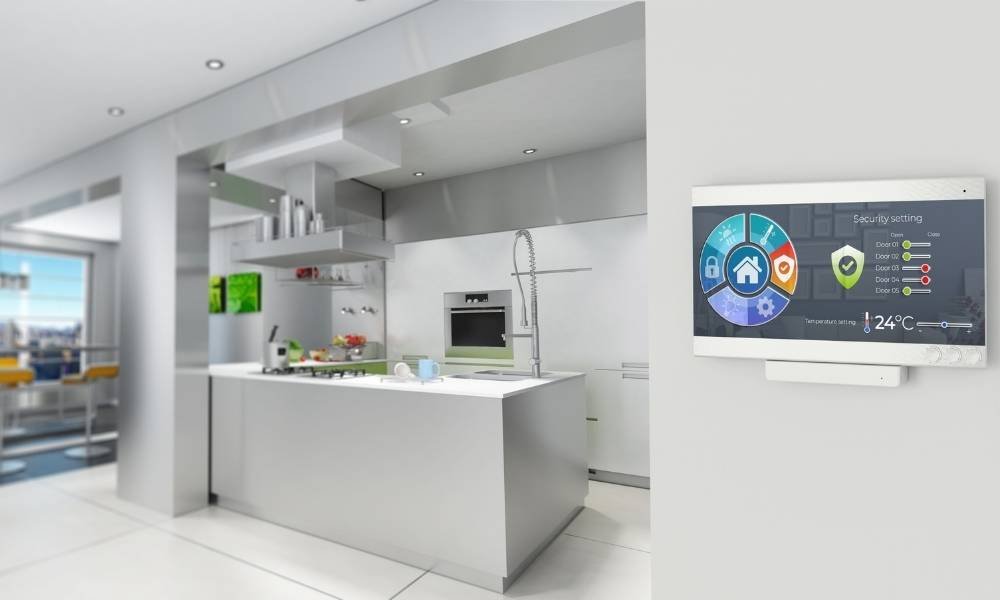
It is no secret that the market for new technologies is booming. From smartphones to tablets, there is a seemingly never-ending demand for the latest and greatest gadgets. Or if you want a broader choice in entertainment through television, it may be worth looking into installation of TV aerial in the loft.
However, as technology advances, older models tend to become obsolete more quickly, and prices for the newest devices often skyrocket. If you are in the market for a new flat screen TV, for example, you may be tempted to buy the latest model available.
But before you do, it’s important to consider whether or not the newer technology is really worth the extra money. In many cases, older models of popular technologies are just as good as – or even better than – the newer ones.
For example, while 4K TVs offer higher resolution than regular HDTVs, they can also be more expensive and may not be necessary unless you have a very large screen.
13. Power Supply And Water Facility
There are many things to take into account when purchasing a flat, such as the size of the property, the location and the cost. However, one of the most important factors to consider is the availability of power and water.
If you are not in a position to connect to the main water or power supply, you may have to consider purchasing a property with these facilities already in place. When looking at properties, make sure you ask the estate agent whether or not they are connected to the main water and power supply.
If they are not, find out how much it would cost to connect and whether or not this is something you are able or willing to do. It is also important to check that the facilities are in good working order, as faulty water or power supply can be costly and inconvenient.
Final Thought
In conclusion, buying a flat is a great investment for those looking for a stable and secure place to live. It can also be a great way to start building equity in a property.
By doing your research and getting help from a professional, you can find the perfect flat that meets your needs and budget.

